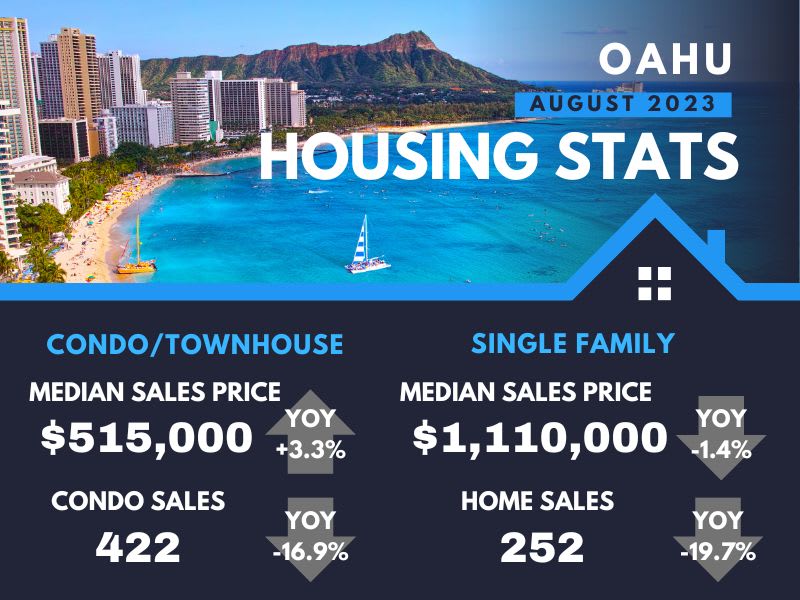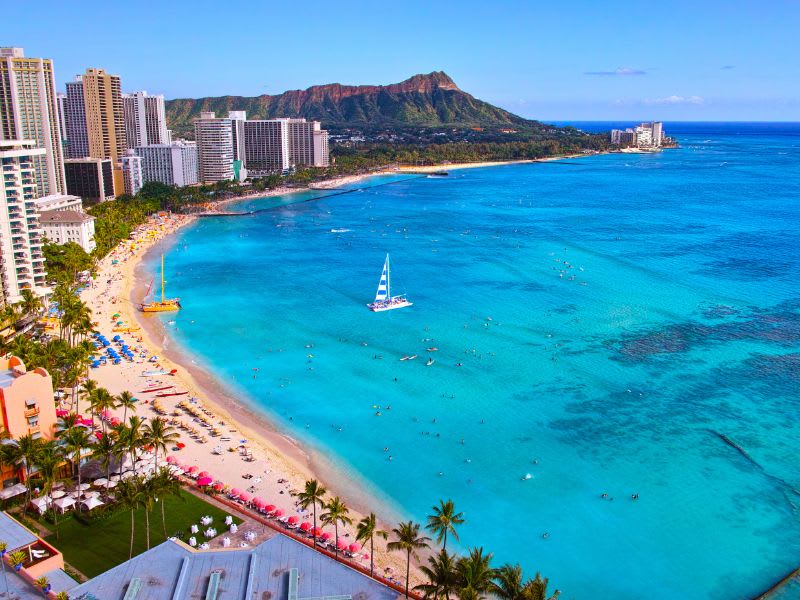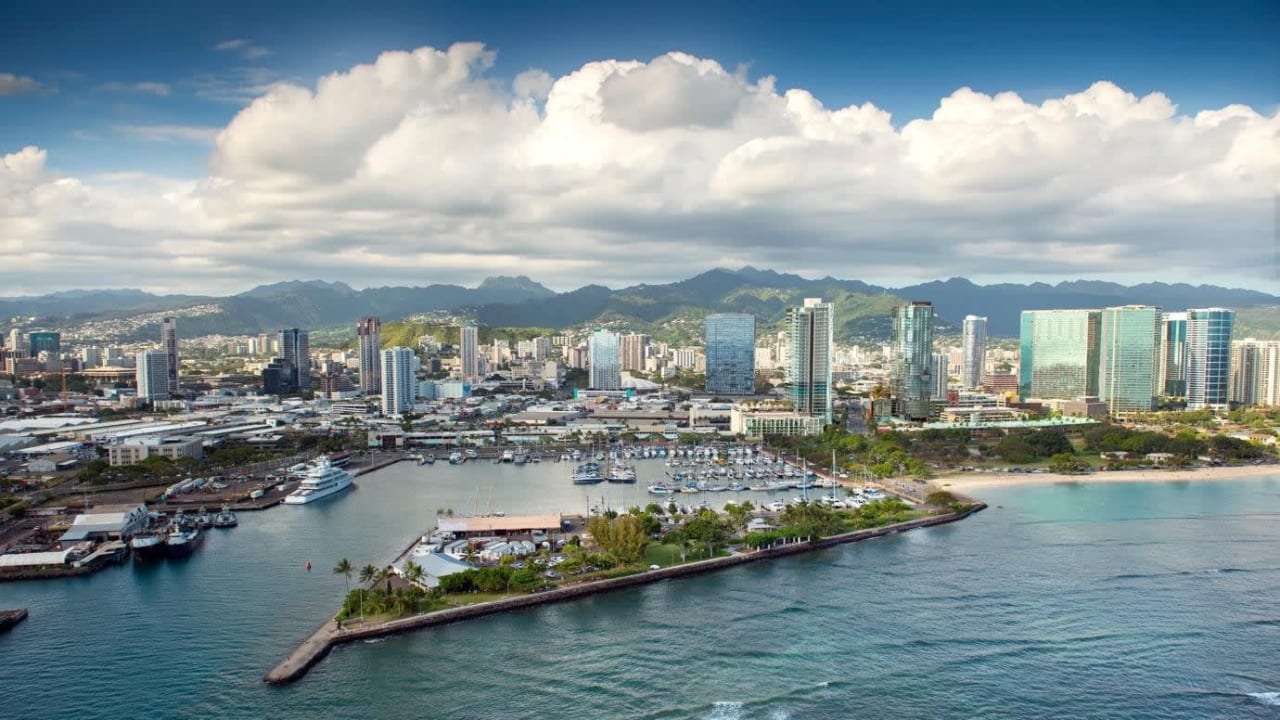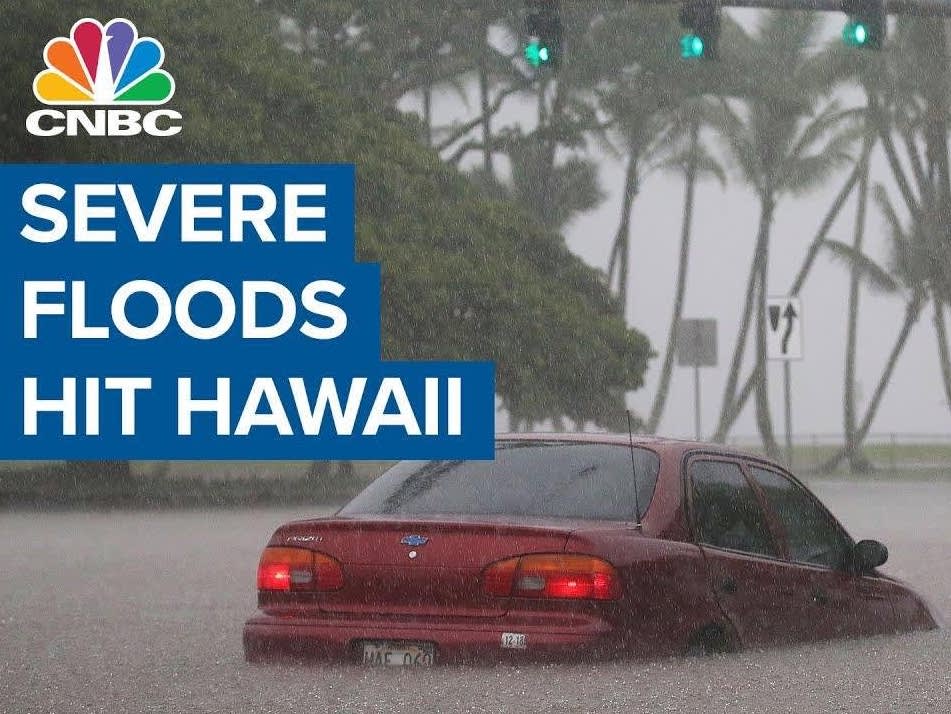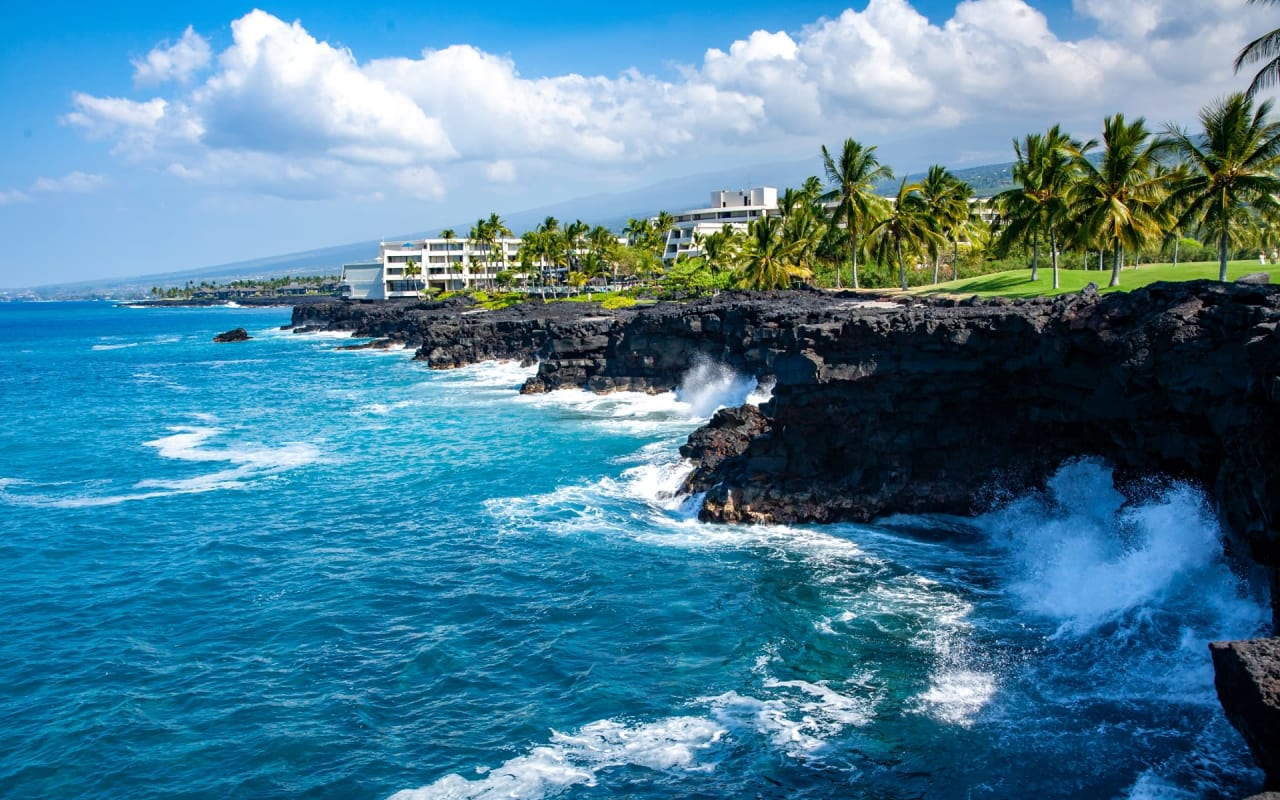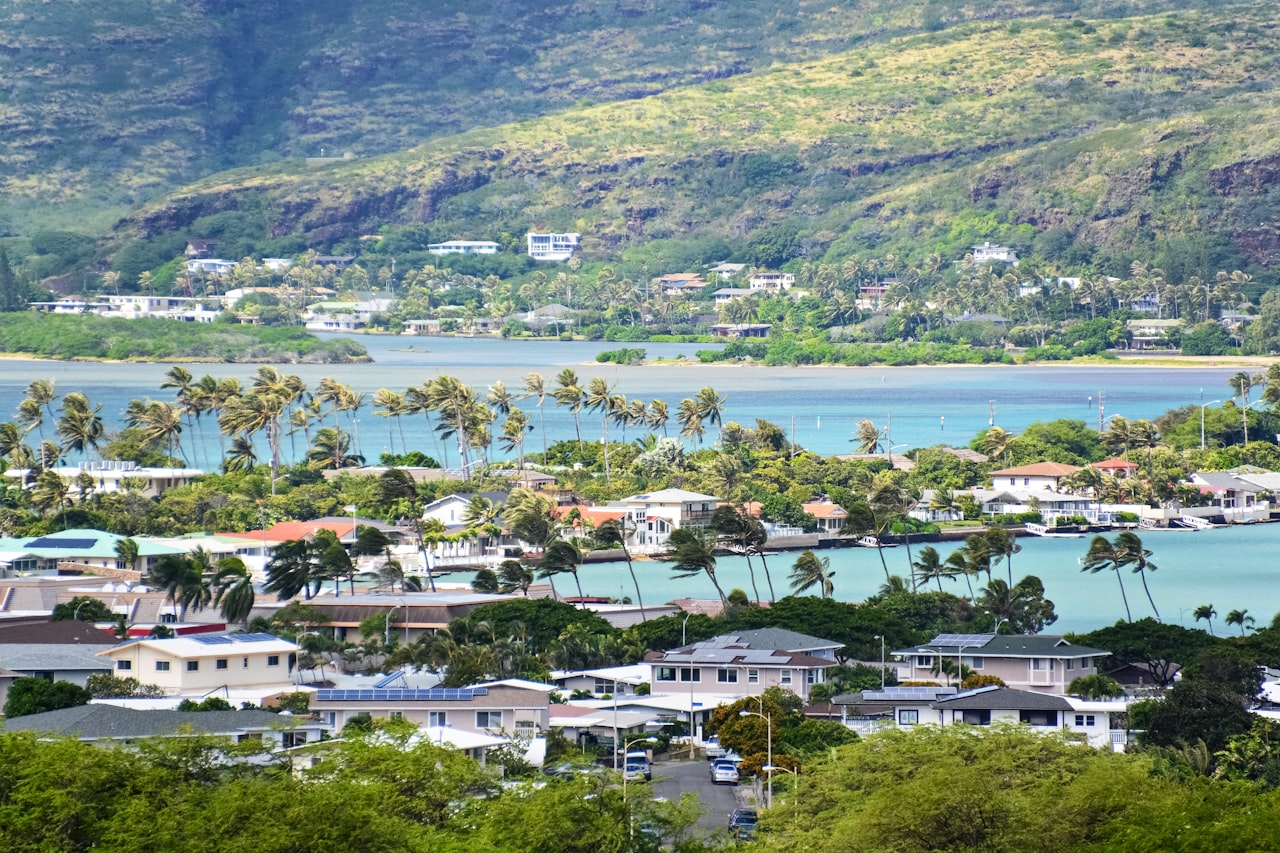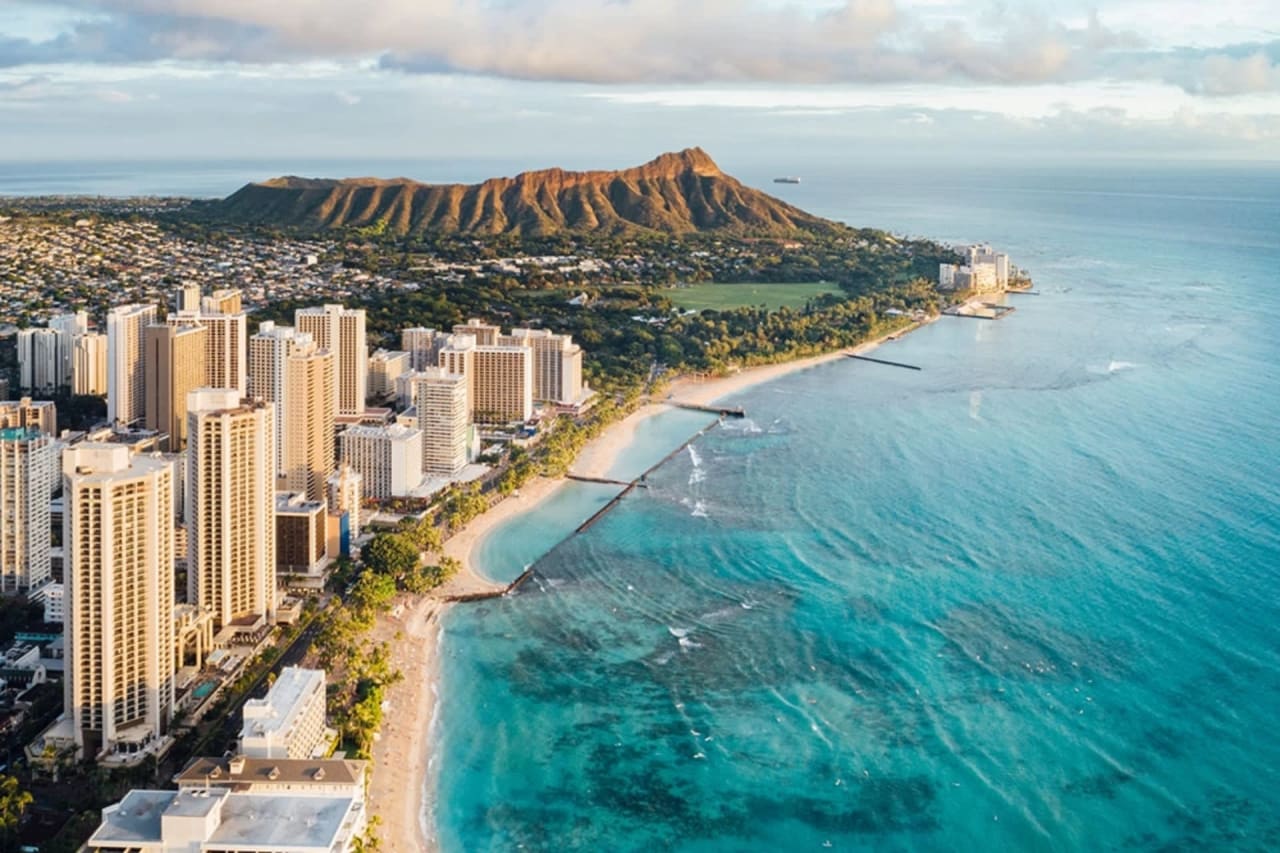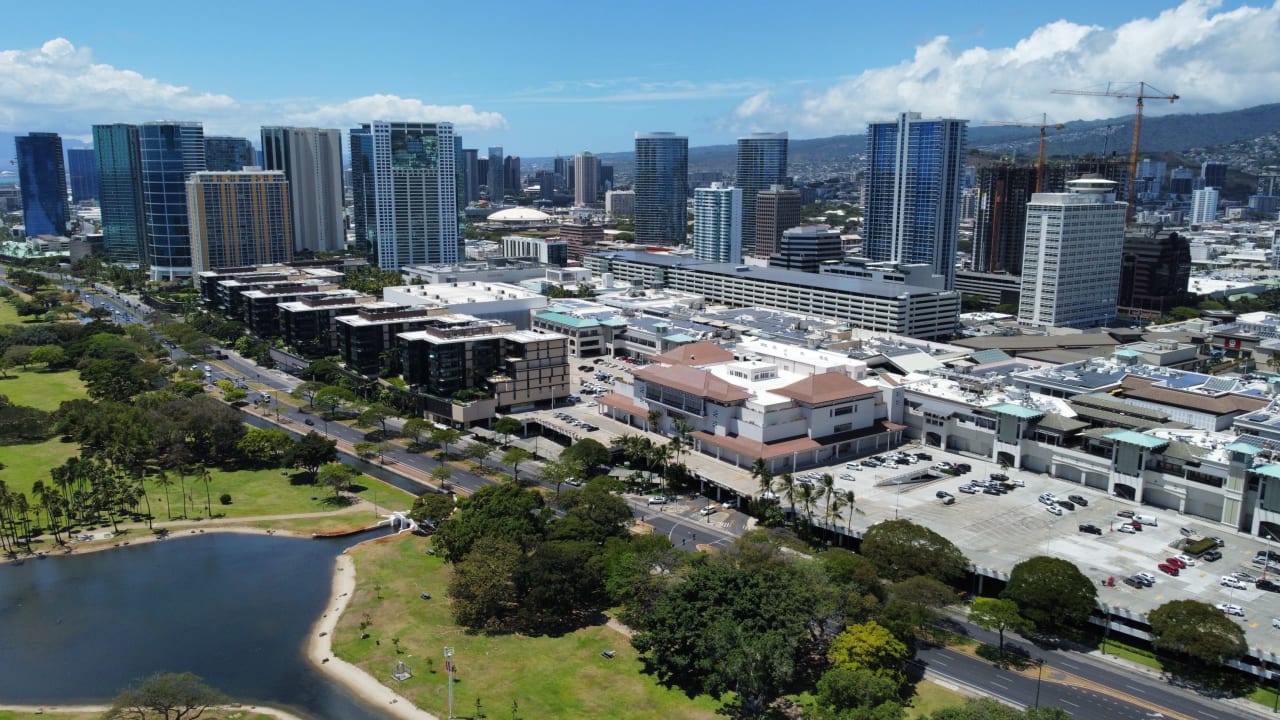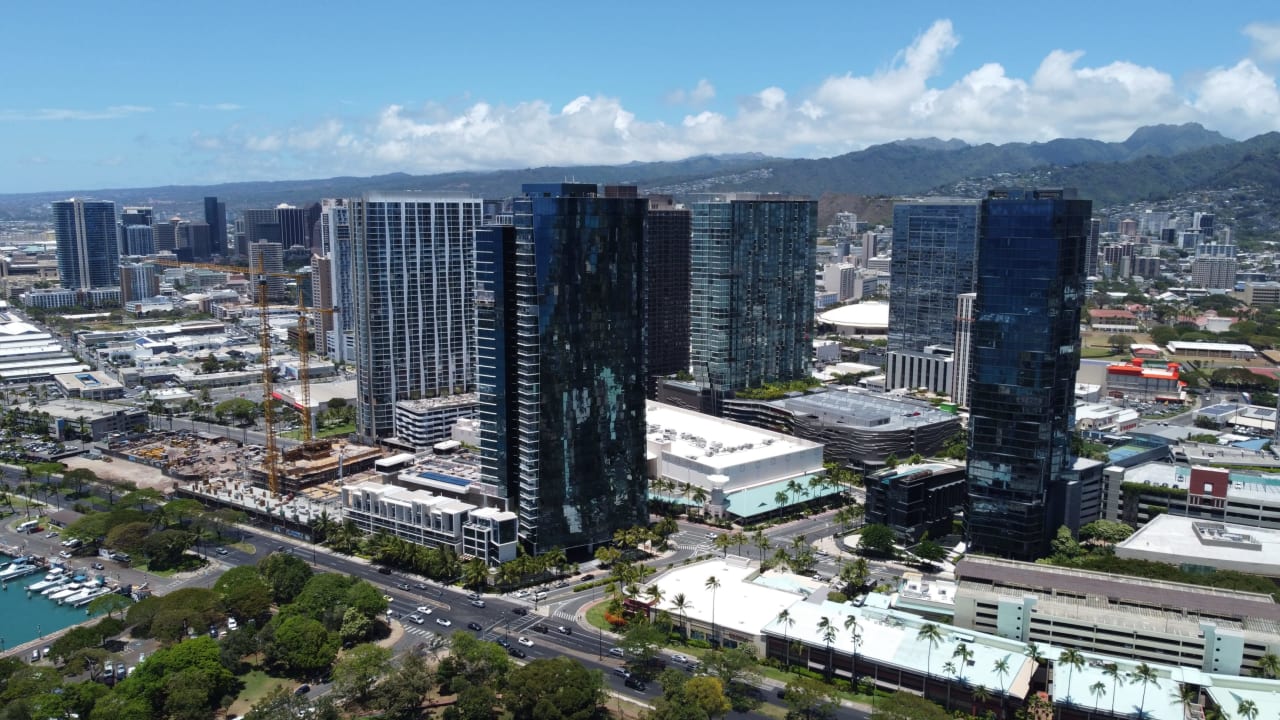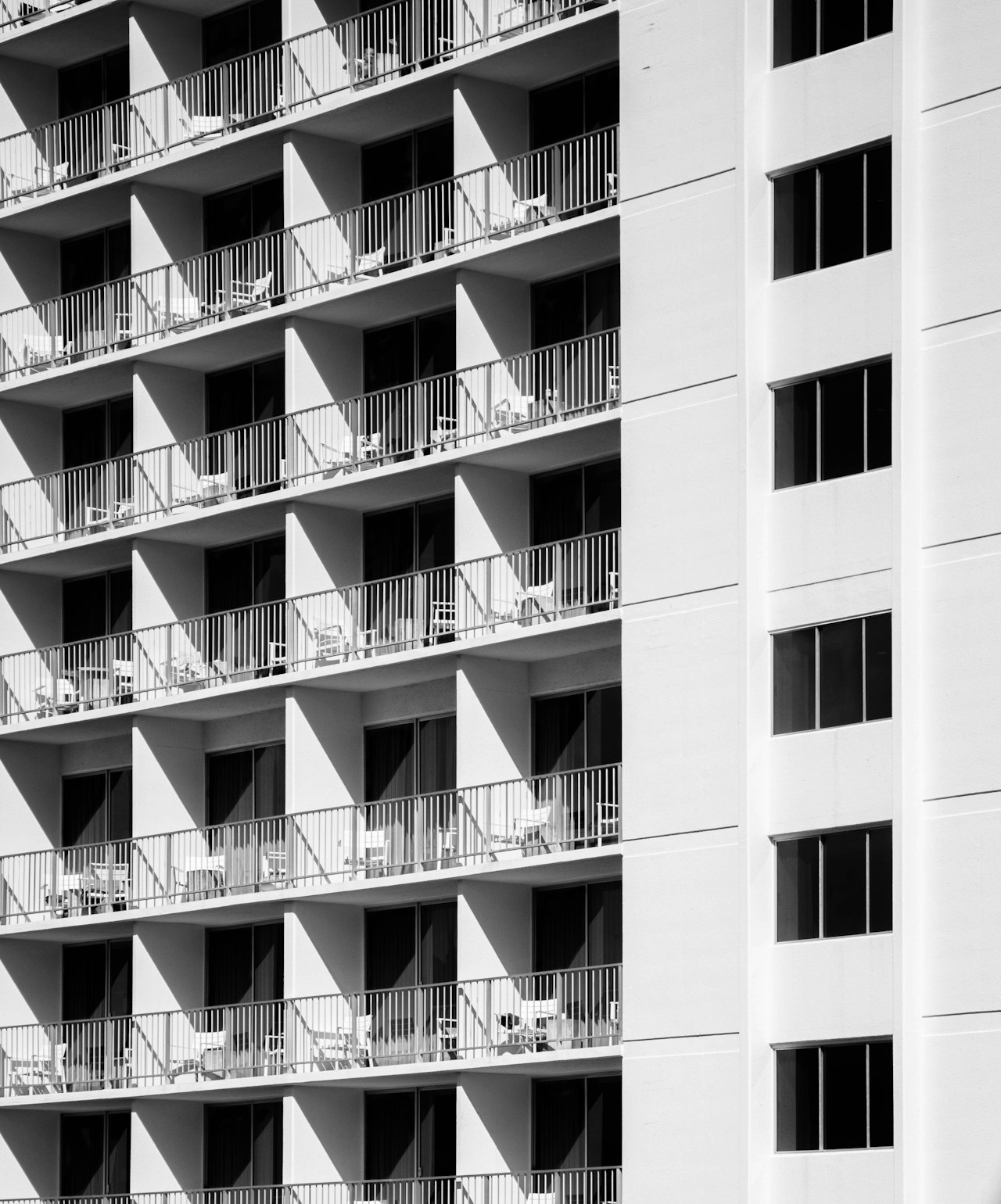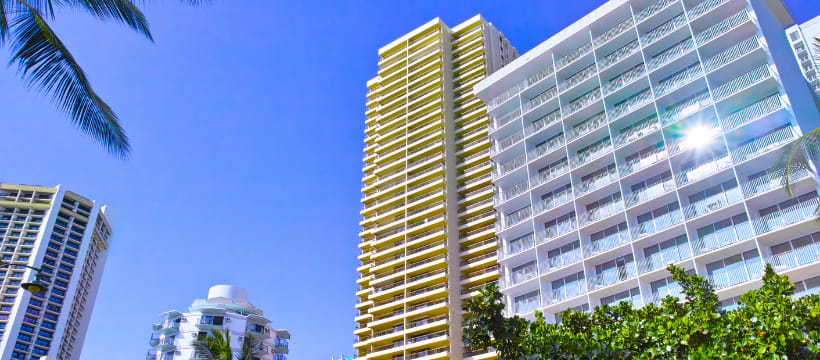Hawaii’s immense allure certainly isn’t a secret. The 50th state in the US boasts an impressive catalog of out-of-this-world attributes. Spectacular beaches, fantastic weather, enchanting rainforests, dramatic waterfalls, snow-capped volcanoes, and a close-knit, family-focused community are just a handful of the wonderful traits the Aloha State naturally possesses.
This has led to an increased interest in its real estate. From foreign investors searching for the ultimate high-profile property to families relocating to a sunnier, more tranquil way of life, the Northern Pacific archipelago has seen a tremendous influx of part and full-time residents. This is especially true in the wake of the pandemic as remote work rose and people across the board reprioritized their lives.
Whether you’re fortunate enough to own a property in this highly sought-after island chain or are looking to the future and planning on relocating to Hawaii, chances are you would like to have a handle on how the economy is shaping the Hawaii real estate market. Not only will this inform your decision but it will also give you a better understanding of when to list your home or hop into the market and buy. But with news of the economy changing seemingly daily, how can you keep track of where it is headed? Read on for acclaimed real estate agent Tomoya Tsuruhara’s take on how inflation may impact Hawaii real estate.
What is inflation?
The word inflation is often bandied about so much that some people may assume they understand it without genuinely knowing its definition and effects.
First, while inflation has negative connotations, it’s also necessary for economic growth. If prices hadn’t risen in the last century, neither would have salaries and rates of employment. Stable inflation, as it tends to be called, refers to the low but consistent increase in prices for goods and services — or paying $2.75 for “The Bus” in Honolulu as opposed to the mere cents required for a ride in the past. Stable inflation keeps the economy progressing and leads to employment opportunities.
When inflation spikes, however, which economists occasionally refer to as “runaway inflation,” the prices for goods and services exceed affordability. Ultimately, this can lead to decreased employment and a destabilized economy — which many of us have been fearing in the last year (just take a glimpse at fuel prices). The effects of this trickle out and impact the real estate industry.
Home prices will continue to rise
Home prices across the nation have skyrocketed in the last two years. Hawaii wasn’t immune to this; parts of the state led the pack. The median home price for a single-family residence in Maui hit an all-time record high in March 2022 when it soared just above $1.18 million, representing a 20.5% leap from the year before. On the state’s third largest and most populous island of Oahu, the median home price is over $1million. Even rural areas, such as the quiet island of Molokai, have seen the effects of inflation.
While home prices throughout the country are expected to normalize by the middle of 2023, they will continue to increase for the rest of 2022 and into the beginning of the new year. What’s more, home prices for new developments will be high. Why? Because of the inflated cost of building materials and labor.
Wait to buy property or purchase now before interest rates rise further?
To mitigate the effects of inflation, the Federal Reserve hikes up interest rates. Much of the historic run on homes we’ve seen throughout Hawaii and the rest of the country in the last two years is because loan rates dipped — but only for a time. Since 2021, interest rates have positively surged and are now hovering at 7%. For a 30-year fixed mortgage, this adds up.
This may cause hopeful home hunters to put the brakes on their efforts — not only because of the additional costs that will be felt over time but also because it may be more challenging to obtain the loan they need to purchase a property. A buyer’s income will have to be higher to make their monthly mortgage payment — and if employers do not compensate their employees for the spikes in prices, in real estate and beyond, they may not qualify with a lender.
At the same time, buyers who are keen on making a purchase before interest rates grow even higher — which may be the case if the US drops into a recession — may choose to act while they still can. This puts home sellers in a solid place to find a viable buyer in the coming months.
The cost of rentals will skyrocket
Renters throughout the Hawaiian Islands have been feeling the nearly crippling effects of higher rents the past year. Leaving the island for the mainland, moving in with friends and family, and taking on a second job all have become commonplace throughout Hawaii as residents fight to stay on top of inflation. It has affected everything from the cost of food to the price of a gym membership. On Maui alone, rental prices have risen 41% in the past year, pushing residents deeper inland or off the island entirely.
For homeowners with an ohana or a second property, this is a lucrative time. For investors, this could also be a lucrative time; if they purchase a property that will be used as a long-term rental, they can expect to see a high return. Further, properties in Hawaii will continue to appreciate, which is a win-win for present and future homeowners.
Whether you’re scouting out Hawaii beach homes for sale or you own a Ward Village condominium you’re thinking of selling, turn to Tomoya Tsuruhara for all of your real estate needs. Experienced, knowledgeable, and prompt, he will help you navigate the latest economic changes to make a profitable and sage decision.
*Header photo courtesy of Tomoya Tsuruhara
*Header photo courtesy of Tomoya Tsuruhara


